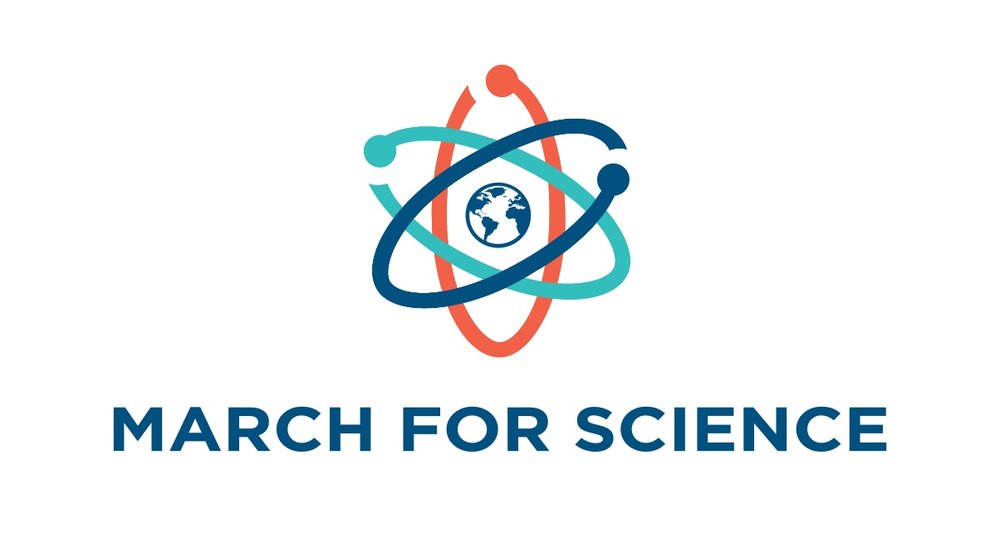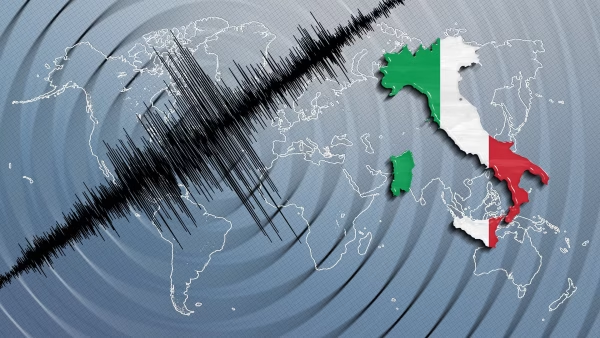Trump’s Agenda Spark Protests For Science In Cleveland and All Over the World
London, England. Seoul, South Korea. Cape Town, South Africa. Paris, France. These are just a few of the hundreds of cities that have participated in the March for Science. Cities all over the world and in the US, including Cleveland, are protesting Trump’s plans for funded research and other science related fields. But before explaining what the March for Science is, knowing why they’re happening is just as important as knowing that climate change is in fact real.
Everybody has heard about Trump’s controversial travel policies, but not nearly as many know what he is doing to America’s science budgets and plans. According to the LA Times, “The Trump budget cuts the Environmental Protection Agency’s Office of Research by 50%…Federal climate studies will be eviscerated, and references to climate change have been scrubbed from some federal websites…The Sea Grant program — which supports more than 3,000 scientists, engineers, educators and students working to protect and sustain coastal ecosystems, communities and resources at 300 institutions — is entirely eliminated.” Clearly, this is a problem for many reasons. Research for fields such as medicine and the environment are funded mostly by the government. Budget cuts for research can diminish future discoveries that can improve pressing problems in the world today. Not only does this pause the development of society, but it can majorly affect America’s education, too. The US is currently working to make schools embed STEM curriculum into the classroom. If science were to be less emphasized, a key role in the classroom would be skipped. So, if this abhorred plan was proposed, what are the people of America and around the world doing to stop it?
The March for Science is an event that either a city registers for and hosts, or an individual can register to host a satellite march. Cities all over the country such as Cleveland, New York City, and Washington DC (the biggest march yet with tens of thousands of people) have attracted millions of science-lovers that are of all race, genders, and religion. People show up with signs, shirts, or symbols supporting science and protesting Trump’s plans for one of America’s most beloved fields. With so many people and places speaking out, the issue has come into the eye of the public and people all over the world and country are beginning to take a stand for science and research budgets and resources. Cleveland was one of the many cities who participated in the March for Science. On April 22, Earth Day, thousands of children, millennials, adults, and seniors gathered in Cleveland Public Square to raise support for science. Speakers such as a Mexican-American graduate cancer research student, the CEO and director of the Museum of Natural History, the CEO of the Holden Forests and Gardens, and the medical director and pediatrician at the University Hospitals Rainbow Babies & Children’s Hospital, gave inspiring speeches about how science has made an impact on their lives and others as well. Afterwards, the people gathered for a 1.2 mile march around the Cleveland area. The March was a success, and many conversations about personal impacts of science were aroused.
Many people from Mayfield attended the March for Science in Cleveland. Among them was MMS’s Ignite science teacher, Mr. Stephens. He says, “ I have a strong interest in science being a source of truth. I was inspired to see so many people down there advocating for science.” Many people support the march and its cause, however, some think it’s useless and will not work in getting Trump to change his agenda. “I just feel like Trump doesn’t really care,” says an anonymous source. Although the March has a good intention, some may think it is a lost cause.
The March for Science is proof that as a country and as one world can come together to stand (or march) for a cause that people believe in. Science is a universal foundation and its importance is ubiquitous. So, for the sake of the next generation and beyond, science and research must be preserved as an important piece of the developing world. That is why we March for Science.







